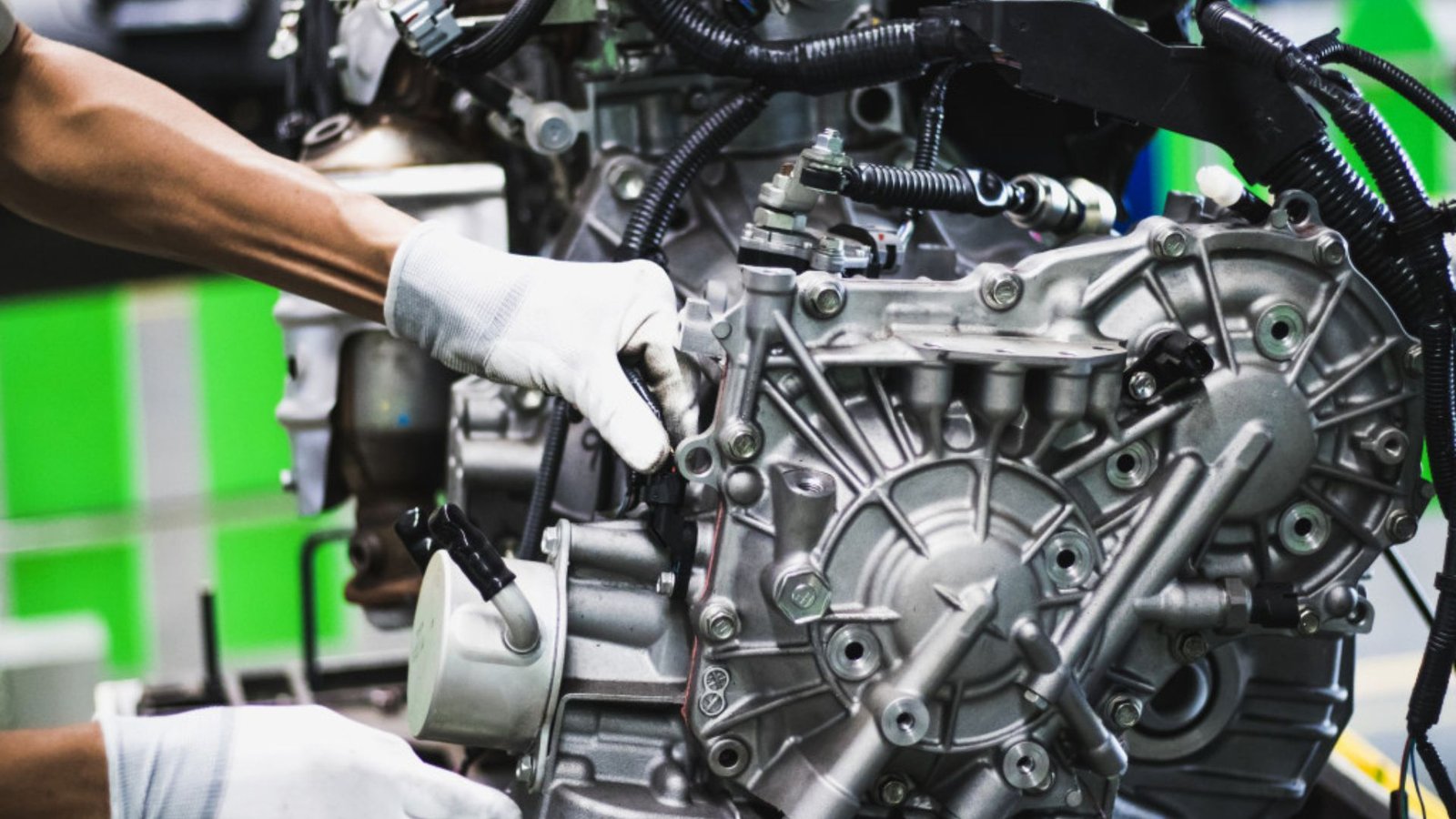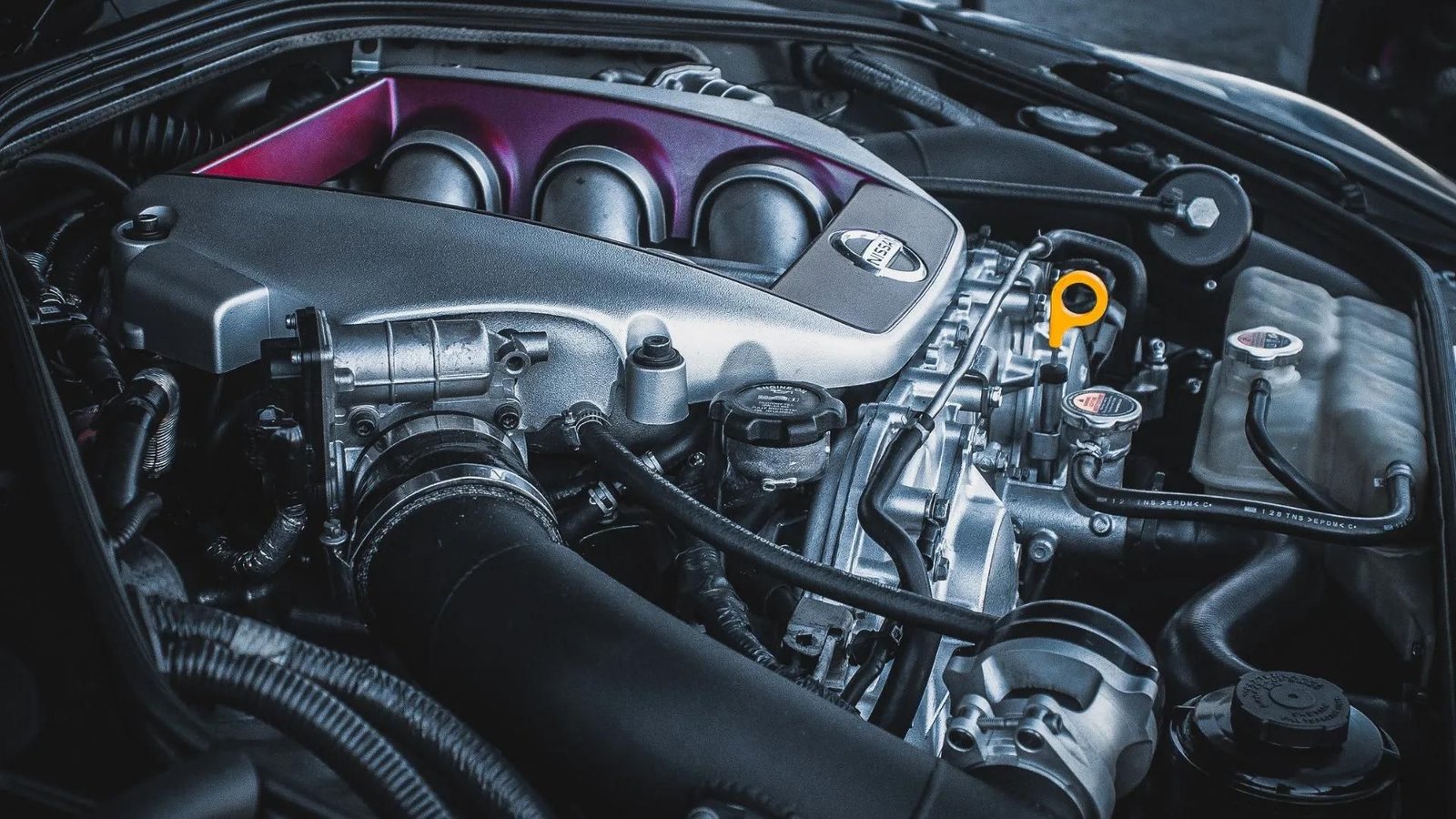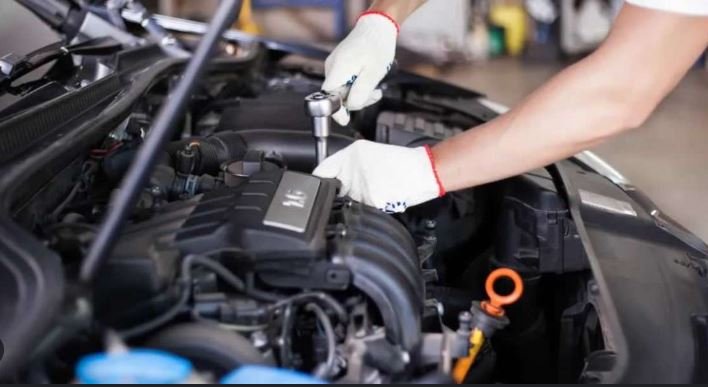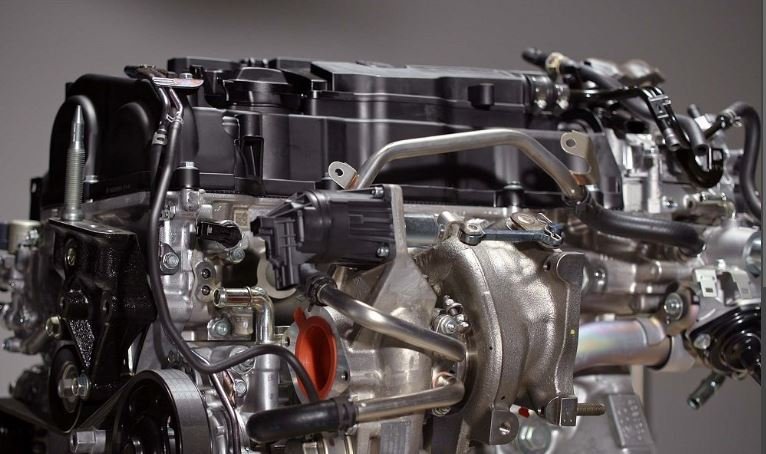Extending your engine’s life is essential for maintaining your vehicle’s performance, reliability, and value. Regular maintenance, smart driving habits, and attention to detail can help you get the most out of your engine and avoid costly repairs. Here’s a comprehensive guide on how to keep your engine running smoothly for years to come.
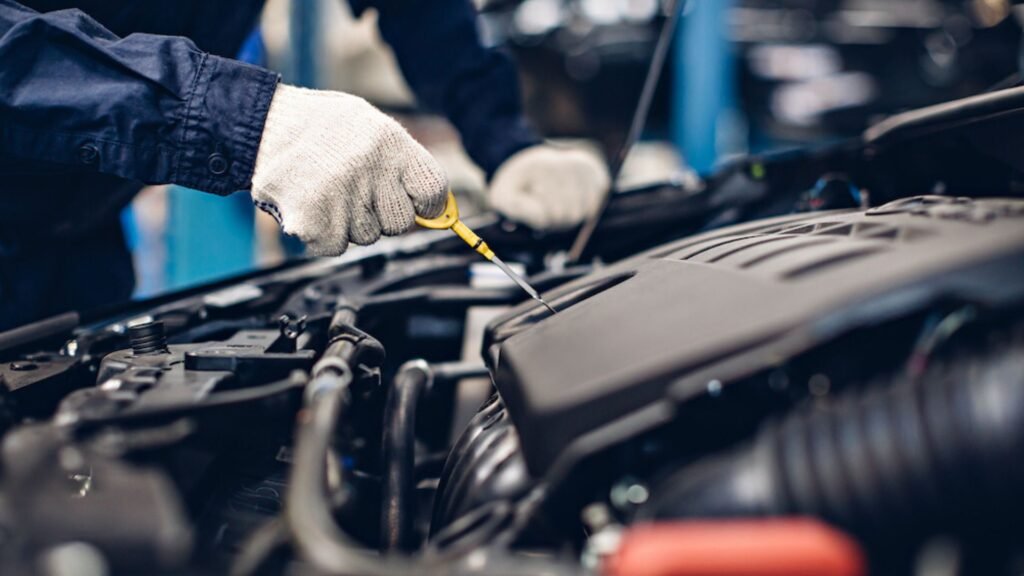
1. Regular Maintenance
1.1 Follow the Manufacturer’s Maintenance Schedule
Overview: Adhering to your vehicle’s maintenance schedule is crucial for engine longevity. The manufacturer provides guidelines for when to perform specific services and inspections.
Key Services:
- Oil Changes: Replace engine oil and filter at recommended intervals.
- Fluid Checks: Regularly check and top up fluids like coolant, brake fluid, and power steering fluid.
- Air Filter Replacement: Replace the air filter as specified to ensure proper air flow to the engine.
Benefits:
- Prevents Damage: Regular maintenance helps identify and address issues before they become major problems.
- Optimizes Performance: Keeps the engine running efficiently.
1.2 Use High-Quality Parts and Fluids
Overview: Using quality parts and fluids ensures that your engine receives the best care and protection.
Recommendations:
- Engine Oil: Choose oil that meets the manufacturer’s specifications for viscosity and type.
- Parts: Use OEM (original equipment manufacturer) or high-quality aftermarket parts.
Benefits:
- Improved Protection: Quality fluids and parts enhance engine performance and longevity.
- Reduced Risk of Failure: High-quality components are less likely to fail prematurely.
2. Driving Habits
2.1 Avoid Aggressive Driving
Overview: Aggressive driving, such as rapid acceleration and hard braking, can put extra stress on your engine.
Best Practices:
- Smooth Acceleration: Accelerate gradually to reduce engine strain.
- Gentle Braking: Avoid sudden stops and brake smoothly.
Benefits:
- Reduced Wear: Gentle driving reduces the wear and tear on engine components.
- Improved Fuel Efficiency: Smooth driving improves fuel economy.
2.2 Warm Up Your Engine
Overview: Allowing your engine to warm up before driving helps it reach optimal operating temperature.
Best Practices:
- Idle Time: Let the engine idle for a minute or two before driving, especially in cold weather.
- Avoid High RPMs: Don’t push the engine to high RPMs until it has warmed up.
Benefits:
- Better Lubrication: Warm oil provides better lubrication, reducing engine wear.
- Improved Performance: The engine performs better once it reaches its ideal temperature.
2.3 Avoid Overloading
Overview: Overloading your vehicle places extra stress on the engine and other components.
Best Practices:
- Follow Load Limits: Adhere to the manufacturer’s recommended load capacity.
- Distribute Weight: Ensure even weight distribution to avoid excessive strain.
Benefits:
- Reduced Strain: Prevents engine overheating and excessive wear.
- Enhanced Safety: Improves vehicle handling and safety.
3. Monitoring and Addressing Issues
3.1 Pay Attention to Warning Lights
Overview: Warning lights on your dashboard provide crucial information about engine and vehicle health.
Common Lights:
- Check Engine Light: Indicates a potential engine issue.
- Oil Pressure Light: Alerts you to low oil pressure.
Actions:
- Immediate Response: Address any warning lights promptly to avoid further damage.
- Professional Inspection: Have a mechanic diagnose and fix any issues.
Benefits:
- Prevents Damage: Early detection of problems can prevent more serious issues.
- Ensures Safety: Keeps your vehicle safe and reliable.
3.2 Regularly Check Fluid Levels
Overview: Maintaining proper fluid levels is essential for engine health and performance.
Key Fluids:
- Engine Oil: Check regularly and top up as needed.
- Coolant: Ensure the coolant level is adequate to prevent overheating.
Benefits:
- Optimal Performance: Proper fluid levels ensure efficient engine operation.
- Prevents Overheating: Adequate coolant helps manage engine temperature.
4. Preventive Measures
4.1 Keep Your Engine Clean
Overview: A clean engine runs more efficiently and is less prone to problems.
Cleaning Tips:
- Regular Washes: Clean the engine bay periodically to remove dirt and debris.
- Inspect for Leaks: Check for oil or coolant leaks and address them promptly.
Benefits:
- Improved Efficiency: A clean engine runs smoother and more efficiently.
- Extended Life: Reduces the risk of overheating and other issues.
4.2 Protect Against Extreme Conditions
Overview: Extreme weather conditions can affect engine performance and longevity.
Protection Tips:
- Cold Weather: Use winter-grade oil and ensure the battery is in good condition.
- Hot Weather: Monitor coolant levels and check the radiator regularly.
Benefits:
- Enhanced Performance: Ensures the engine operates optimally in varying conditions.
- Prevents Damage: Reduces the risk of engine problems caused by extreme temperatures.
4.3 Regularly Inspect Belts and Hoses
Overview: Belts and hoses are crucial for engine operation and can wear out over time.
Inspection Tips:
- Check for Cracks: Look for signs of wear or damage in belts and hoses.
- Replace as Needed: Replace any worn or damaged components.
Benefits:
- Prevents Breakdowns: Reduces the risk of engine failure due to broken belts or hoses.
- Maintains Efficiency: Ensures all engine systems function properly.
Conclusion
Extending your engine’s life involves a combination of regular maintenance, mindful driving habits, and proactive measures. By following the manufacturer’s maintenance schedule, using quality parts and fluids, and adopting good driving practices, you can significantly enhance your engine’s longevity and performance. Monitoring for warning signs, keeping your engine clean, and protecting it from extreme conditions further contribute to a long-lasting, reliable engine. With these tips, you can enjoy a smoother, more efficient driving experience and avoid costly repairs down the road.

